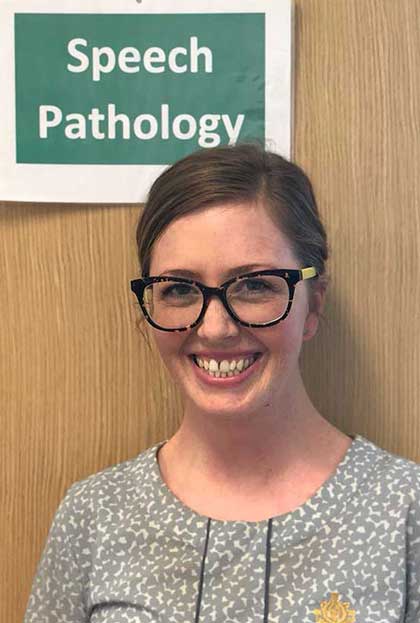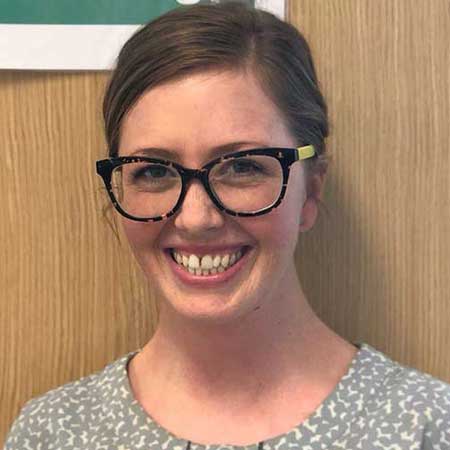To help to change this St John of God Midland Public Hospital Speech Pathologist Meaghan McAllister provides information on aphasia and how to help people living with aphasia join a conversation and have their say, even when speaking is difficult.
Imagine waking up and finding that you can’t speak.
The words you say every day like tea, coffee, hello or the name of your loved ones just won’t come out.
Or imagine you pick up your mobile phone or the newspaper but the words you read just don’t make sense.
Similarly imagine if someone speaks to you, you can hear their voice, but you can’t quite understand what they are saying.
You try to write and the pen moves across the page, but the words won’t form.
Unfortunately, these frightening experiences will be familiar to many people who experience aphasia.
What is aphasia
Aphasia is a communication disability and is the partial or total loss of language.
It is most commonly caused by a stroke that damages the areas of the brain that control words and language and effects a large number of Australians.
Aphasia can effect a person’s ability to speak, read, write, use numbers or to understand the words of others.
Aphasia can impact a person’s ability to perform the things we do every day that require words, such as sending a text message, reading the news, writing emails, ordering a coffee or having a chat with a friend or family member.
While aphasia can impair a person’s language and communication it does not affect their intelligence.
People with aphasia still have thoughts and opinions and can solve problems.
They are still the same person they were before the stroke, and before aphasia made communication difficult.
Everyone is different
Aphasia affects everyone differently.
It can cause a mild difficulty, such as occasionally struggling to find the right word to say or it can be so severe that a person cannot speak or write at all.
For some people, aphasia can be a lonely and isolating experience.
Therapy and linking with a support group can help.
Fortunately, there are always ways to communicate with someone with aphasia and as communication is a two-way street with two or more people involved, people with and without aphasia can learn some simple strategies that will help them to have good conversations.
Communication tips
- When speaking to a person who has aphasia acknowledge their intelligence for example you may like to try saying something like I can see that you know what you want to say
- Conversation will be easier in a quiet environment that is free from background noise
- Try to stay with one topic of conversation at a time, chopping and changing between topics can make it hard for a person with aphasia to follow the conversation
- Keep your sentences as short as possible and ask one question at a time
- Take your time and give the person time to understand what you’ve said and to give their reply
- Don’t pretend that you’ve understood what the person with aphasia has tried to tell if you don’t. Always check, e.g. "I just want to check that I’ve understood properly. I think you’re telling me that you’d like a cappuccino. Is that right?” It is better to check than to get it wrong
- Use whatever you can to get your messages across to each other for example as well as talking, point to things, make gestures, write and draw
- When the words won’t come out, it can be helpful to encourage the person with aphasia to use these strategies by asking “can you show me?.”
Assistance with aphasia
Speech pathology services help people with aphasia and their family members. Private and public speech pathology services are provided at St John of God Midland Public and Private Hospitals.
For more information about therapy services, supportive community groups or general enquiries, please contact our Speech Pathology team:
Email: [email protected]
Telephone: (08) 9462 4323


